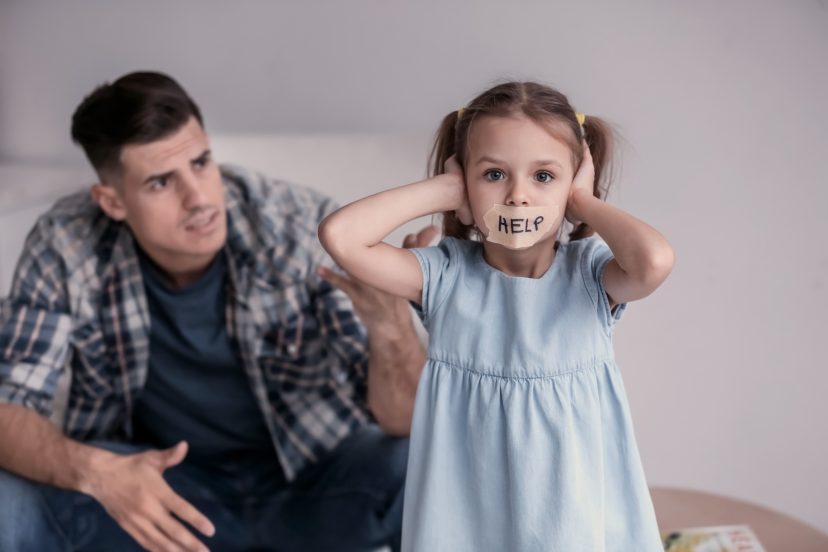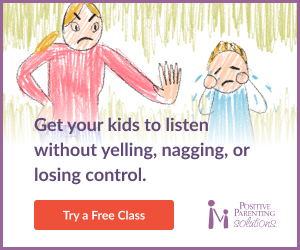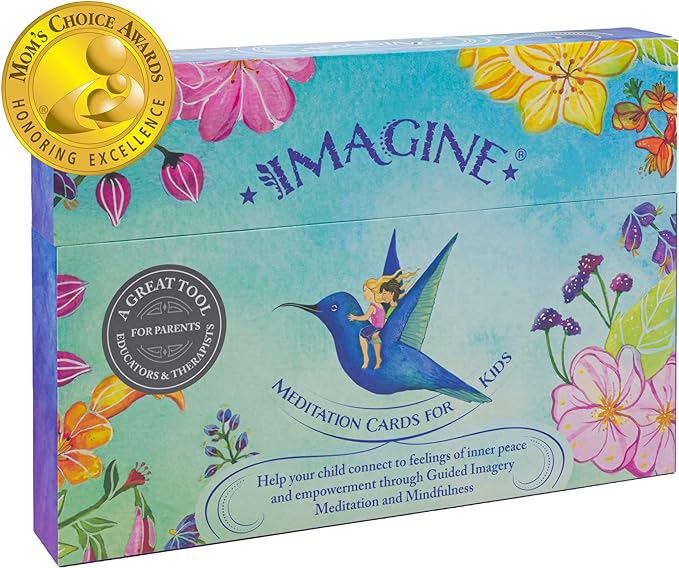How To Stop Yelling At Your Kids – Some Practical Tips
How to stop yelling at your kids… This is the question that we ask ourselves from time to time when we have lost it!! I think we all agree that parenting can be both rewarding and challenging, and at times, and our emotions can often get the best of us.
Yelling at our children may seem like an immediate solution to discipline issues, but it can have long-lasting negative effects on their emotional well-being and the parent-child relationship. In this article, I will share practical strategies and advice on how to break the habit of yelling and foster a more positive and nurturing environment for your kids.
How to stop yelling at your kids – Understanding the Impact of Yelling
Yelling at children can have significant emotional consequences for them. It’s important to grasp the impact it can have on their well-being and the dynamics of the parent-child relationship.
The Emotional Consequences for Children
When children are exposed to frequent yelling, it can lead to increased stress levels and negatively affect their emotional development. They may experience:
Increased Stress Levels
Yelling creates an environment filled with tension and anxiety, which can significantly impact a child’s stress levels. The constant exposure to yelling can make them feel unsafe and cause unnecessary emotional turmoil.
Low Self-Esteem and Confidence
Yelling can erode a child’s self-esteem and confidence. When they are consistently yelled at, they may start internalizing the negative messages and believe they are not worthy or capable.
The Relationship Dynamics
Yelling not only affects children but also damages the parent-child relationship in various ways.
Eroded Trust and Resentment
Frequent yelling can erode the trust between a parent and child. Children may feel betrayed by the person they look up to for guidance and support, leading to resentment and strained relationships.
Communication Breakdown
Yelling hampers effective communication between parent and child. It creates a hostile environment where open dialogue becomes challenging. Instead of resolving conflicts, yelling escalates them, making it harder to understand each other’s perspectives.
The Importance of Self-Reflection
When trying to find out how to stop yelling at your kids, it is often a good idea to start from within. To address the issue of yelling, it is crucial to engage in self-reflection and understand the underlying triggers and patterns associated with this behavior.
Identifying Triggers and Patterns
Take the time to identify the situations or triggers that cause you to resort to yelling. Is it exhaustion, frustration, or feeling overwhelmed? By recognizing these triggers, you can proactively work on managing them.
Practicing Mindfulness
Mindfulness is the practice of being fully present and aware of your thoughts, emotions, and reactions. By cultivating mindfulness, you can become more conscious of your own emotions and choose healthier responses instead of reacting impulsively.
Seeking Support
If you find it challenging to navigate this journey alone, don’t hesitate to seek support. Reach out to friends, family, or parenting communities where you can share experiences, seek advice, and find solace in knowing you’re not alone.
Effective Communication Strategies
Improving communication is essential in creating a positive and respectful environment within your family. Here are some strategies to enhance communication without resorting to yelling.
Active Listening
Actively listen to your child when they express their thoughts, feelings, and concerns. Show genuine interest and provide them with your undivided attention. This conveys respect and helps them feel valued.
Using “I” Statements
Instead of blaming or criticizing, use “I” statements to express your feelings. For example, say, “I feel frustrated when toys are left scattered around” rather than “You always make a mess!”
Offering Constructive Criticism
When addressing challenging behaviors, provide constructive criticism rather than yelling out of frustration. Focus on specific behaviors and suggest alternative approaches or solutions.
Encouraging Expression of Feelings
Create a safe space for your child to express their emotions openly. Teach them healthy ways to communicate their feelings, such as using words or journaling, so they don’t resort to negative behaviors.
Practicing Patience and Empathy
Parenting requires patience and empathy, especially when dealing with challenging behaviors. Here’s how you can cultivate these qualities:
Taking a Step Back
When you feel your frustration escalating, take a step back and remove yourself from the situation briefly. This pause allows you to regain composure and respond calmly instead of reacting impulsively.
Putting Yourself in Their Shoes
If you want to find out how to stop yelling at your kids, Empathy is a powerful tool in understanding your child’s perspective. Put yourself in their shoes and try to see the situation from their point of view. This helps you respond with compassion and understanding.
Practicing Self-Care
Taking care of yourself is crucial for maintaining a patient and calm demeanour. Prioritize self-care activities that recharge you mentally and physically, such as exercise, hobbies, or spending quality time with loved ones.
Setting Clear Boundaries
Clear and consistent boundaries provide a sense of security and structure for both you and your child.
Consistency in Discipline
Establish consistent rules and consequences for behavior. When children understand the expectations, it reduces the likelihood of conflicts that may trigger yelling.
Establishing House Rules
Involve your child in establishing age-appropriate house rules. This empowers them and creates a sense of ownership. When rules are collectively agreed upon, it’s easier for everyone to adhere to them.
Consequences and Rewards
Implement logical consequences for negative behaviors and provide rewards or praise for positive ones. This encourages children to make better choices while fostering a positive and respectful atmosphere.
Implementing Positive Reinforcement
Positive reinforcement is a powerful tool to encourage desired behaviors and promote a nurturing environment.
Praising Good Behavior
Acknowledge and praise your child when they exhibit positive behaviors. Specific and genuine praise boosts their self-esteem and reinforces their understanding of acceptable behavior.
Reward Systems
Consider implementing a reward system where children earn points or tokens for good behavior. They can exchange these for privileges or special treats, creating motivation and a sense of accomplishment.
Modelling Positive Behavior
Children learn by observing their parents. Model the behavior you want to see in them. Demonstrate kindness, patience, and effective communication, and they will likely emulate these traits.
Teaching Emotional Regulation
Helping children develop emotional regulation skills equips them with the tools to manage their emotions in healthier ways.
Helping Children Identify Emotions
Teach children to recognize and label their emotions. Use age-appropriate language and provide examples to help them understand and express their feelings effectively.
Teaching Coping Mechanisms
Introduce various coping mechanisms that children can use when they feel overwhelmed or frustrated. These may include yoga, meditation, counting to ten, or engaging in calming activities like drawing or listening to music.
Encouraging Emotional Expression
Create an environment where emotions are openly discussed and accepted. Encourage your child to express their emotions, and validate their feelings. This helps them develop emotional intelligence and builds trust.
Encouraging Open Dialogue
Establishing open lines of communication within your family fosters healthy relationships and minimizes the need for yelling.
Creating a Safe Space for Communication
Ensure your child feels safe expressing their thoughts and concerns without fear of judgment or punishment. Encourage open dialogue by actively listening and responding respectfully. Calm down corners are a great place for kids to go and recharge.
Regular Family Meetings
Hold regular family meetings where each member can voice their opinions, share experiences, and contribute to decision-making. This promotes a sense of belonging and strengthens family bonds.
Being Approachable and Supportive
Make it known that you are available to listen and support your child whenever they need it. Be approachable, and avoid being dismissive of their concerns. Let them know their feelings matter to you.
Seeking Professional Help
If you find it challenging to break the habit of yelling or if your child’s emotional well-being is significantly affected, seeking professional help can be beneficial.
When to Consider Therapy
If yelling persists despite your efforts, or if you notice persistent behavioral issues in your child, consider seeking therapy or counseling. A professional can provide guidance and support tailored to your family’s needs.
Family Counseling
Family counseling can help address communication issues, improve relationships, and provide strategies to overcome challenges. A trained therapist can facilitate productive discussions and guide your family toward healthier dynamics.
Utilizing Parenting Resources
There are numerous resources available for parents, including books, online courses, and workshops. These resources provide valuable insights and practical techniques to help you become a more effective and nurturing parent.
How To Stop Yelling At Your Kids – Conclusion
Yelling at your children may provide temporary relief, but its long-term consequences can be detrimental to their emotional well-being and the parent-child relationship. By implementing the strategies outlined in this article, you can create a loving and nurturing environment for your children. Remember, it’s never too late to change your approach and become the parent your child needs.
FAQs
Is it normal to yell at my kids occasionally? Yes, occasional frustration and raised voices may happen in parenting. The key is to recognize the impact of frequent yelling and take steps to address it.
How can I control my anger when dealing with challenging behavior? Taking deep breaths, stepping away for a moment, and practicing self-care can help you manage anger. It’s important to model healthy emotional regulation for your children.
What if my child doesn’t respond to positive reinforcement? Every child is different, so it’s essential to find what motivates them. Experiment with different rewards and adapt your approach accordingly.
How can I apologize to my child after yelling at them? A sincere apology goes a long way. Sit down with your child, acknowledge your mistake, and explain how you will work on improving your behavior in the future.
When should I consider seeking professional help? If you find it challenging to control your anger, your yelling persists despite your efforts, or your child’s emotional well-being is significantly affected, seeking professional help is recommended. A therapist or counselor can provide guidance and support for both you and your child.






